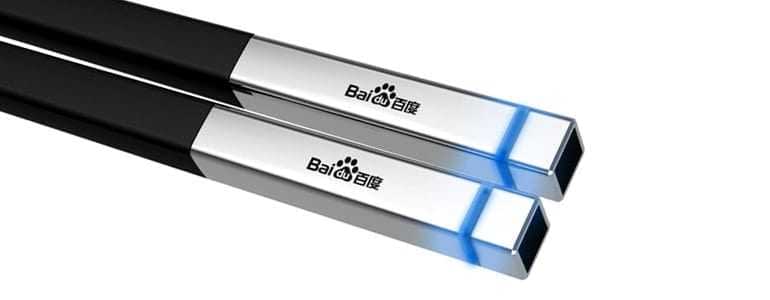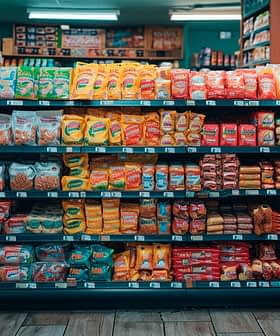Baidu, a leading Chinese Internet search engine and web services company, turned heads when it unveiled its latest innovation at the Baidu World Technology Conference last Wednesday. Robin Li, Baidu CEO, led a video presentation introducing chopsticks designed to detect contaminated olive oils or oils of substandard quality.

After dipping the chopsticks in olive oil, users can connect them to a smartphone app to obtain readings on the pH level, peroxide value, and temperature of the oil. The chopsticks will give an immediate label ranging from “excellent” to “bad” according to the readings.
Baidu, known as the Chinese Google, decided to manufacture the sensor chopsticks after they promoted a similar product earlier in the year as an April Fool’s joke. The satirical commercial generated surprising interest from consumers and food safety professionals.
Although the “Baidu Kuaisou” have not entered the manufacturing phase of production, industry experts acknowledge the timeliness of such a product given China’s lackluster reputation for food safety and sanitation in recent years.
Zhong Nanshan, who discovered the SARS virus in 2003, told the Yangcheng Evening News in Guangzhou that 7 million to 14 million tons of waste cooking oil was produced in China each year and that about 3.5 million tons of it probably returns to dinner tables through illegal recycling, according to a recent report by the LA Times.
While the enthusiasm for such a product remains high, industry experts remain skeptical saying many unethical companies will learn to manipulate their chemistry to obtain good readings. “Such values can be easily manipulated by the gutter oil producers by adding relevant chemicals to give a false safe reading,” said Nong Shaozhuang, a food safety expert from Dalian Polytechnic University.








